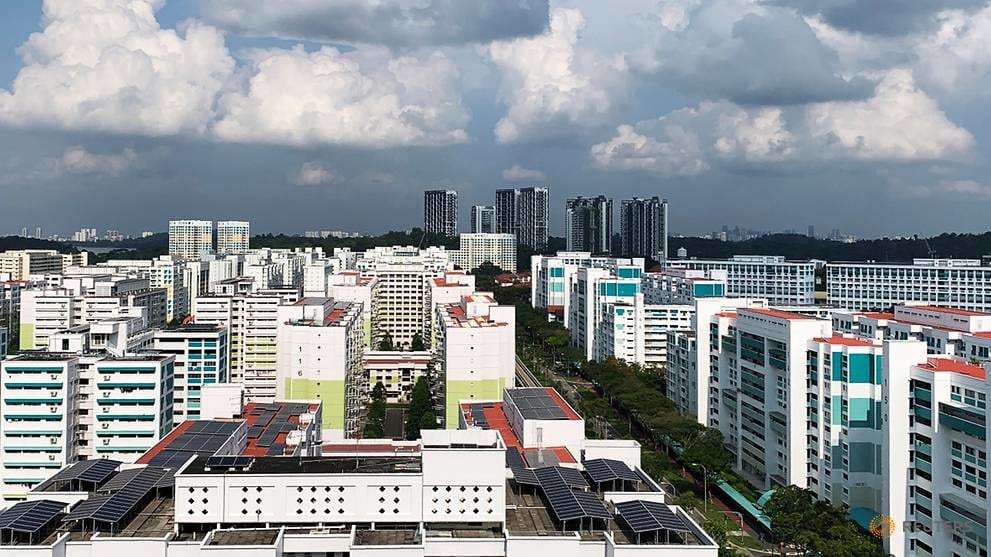SINGAPORE, April 28 (NNN-BERNAMA) — The Monetary Authority of Singapore (MAS) today reiterated its earlier forecast of a recession for the city-state this year, saying the COVID-19 pandemic has led to a severe contraction in economic activities both in Singapore and globally.
This was due to the combination of supply chain disruptions, travel restrictions imposed in many countries and a sudden decline in demand, the central bank said in its monetary policy statement released here Tuesday.
MAS reiterated its forecast of gross domestic product growth of −4.0 per cent to −1.0 per cent for 2020.
As a result, it said, disinflationary pressures were expected to broaden, even as the prices of some imported items were likely to increase as a result of the disruptions in production and transport.
Thus MAS is lowering the 2020 forecast range for both MAS Core Inflation and Consumer Price Index-All Items inflation to −1.0 per cent to zero per cent.
Based on the Advance Estimates released by the Ministry of Trade and Industry (MTI) on March 26, the Singapore economy contracted by 2.2 per cent year-on-year in the first quarter of this year.
MTI also slashed its 2020 growth forecast to a range of -4.0 per cent to -1.0 per cent, from an earlier estimate of -0.5 per cent to 1.5 per cent.
On monetary policy, MAS said GDP growth would eventually recover following the abrupt downshift in the level of activity, “but there is significant uncertainty over the depth and duration of this recession.”
MAS noted that it would adopt a zero per cent per annum rate of appreciation of the policy band starting at the prevailing level of the Singapore Dollar Nominal Effective Exchange Rate (S$NEER).
It added that this stable monetary policy stance also reflected the primary role of fiscal policy in mitigating the economic impact of COVID-19.
S$NEER is the exchange rate between the Singapore dollar and a basket of currencies of the country’s major trading partners.
Singapore does not use interest rates as a monetary policy tool to ensure prices of goods and services remain stable.






